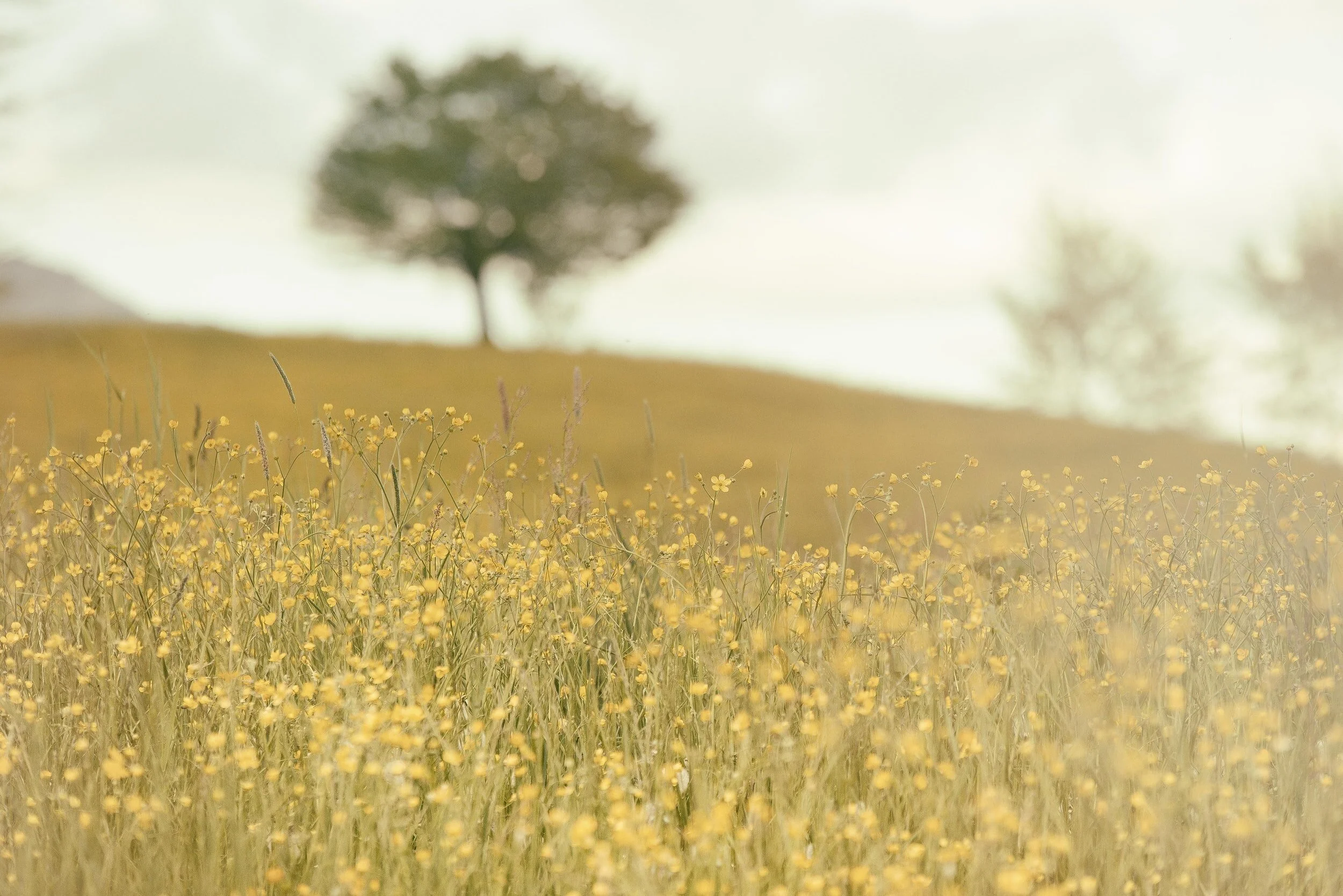A video explaining and exploring the idea of Taking a Pause for your wellbeing
Winter and Wonder : Switching on the Lights
Sleep and Wellbeing - taking a look
Launching our 'One4Another' Campaign
Being Still : An Important Wellbeing Practice
Little and Often Wellbeing : A Simple Way to Flourish
When someone told me I should be spending an hour a day looking after my wellbeing I thought they were being ludicrous. But a simple tweak in the way I thought about it made it possible to do this and it has helped me to learn how to flourish. Find out more about little and often wellbeing and join in the challenge to take it up.
How do you weave wellbeing into everyday life?
Wellbeing can often feel like one of those extra things we need to add into life, make time for or spend money on. But what if flourishing in your wellbeing looks like learning to make time for the things that give you life in the every day moments? In today’s blog you will discover how to weave the things that make you flourish into each day in a way that is simple and practical.
Why Volunteering is Good for your Mental Health
Nature, Mental Health and the Beauty of the Beach
Do you want an increased attention span, a better immune system and more feelings of love and empathy? How about faster recovery from illness and better decision making capacity? These are just some of the benefits of nature, according to various studies. What’s not to like!
Take one study done by the University of Exeter in 2003, which collected data from 10,000 people and found that those who lived in urban areas with more green space experienced higher wellbeing and lower levels of stress compared to those living in areas without green space. Or a study done in 1984 by Professor Roger Ulrich from the American Association for the Advancement of Science that found patients recovering from a gallbladder op recovered faster and took less painkillers when they were in a room overlooking trees rather than a brick wall. These are just two of a number of studies that point to the immense benefits nature has to offer.
the positive effects of nature
It seems that what we see, hear and experience at any given moment triggers a response in our brain, either positive or negative, and many of the things that nature has to offer trigger the release of chemicals in our brain that make us feel calm and good. Maybe it’s something about the way sound waves move about in nature, maybe it’s something about the smells we experience, maybe it’s something about the light. Ethan Kross, in his book ‘Chatter’ talks about natures ability to create a sense of awe which leads to a ‘shrinking of self’, something he claims is linked to decreased inflammation in the body.
This picture is of a beach in Northumberland I was able to visit recently, a place where I was able to connect with nature and experience some of those positive ‘feels’. I wish I could spend more time there, but that’s not particularly realistic given how and where my life is currently rooted. But I can revisit it in my minds eye, look back at the photo, or create memory triggers of it in my everyday life by having objects around my home that are reminiscent of the place, all things which are claimed to trigger at least some of the same responses.
Connecting with nature in everyday life
I want to consider how I can include nature more into my life.
What can I do daily? Weekly? Seasonally?
How can I arrange the environments I spend most time in to include things that trigger my brain to experience what I experience when I’m in nature?
Do share your ideas with us and post your pictures of places you’ve been where you’ve experienced the benefits of nature. Send them to us using the button below and we’ll share these with others later in the week.
Finding Space for Your Wellbeing
As the UK continues to follow the road map to unlocking, you might find your life suddenly stepping up the pace as you begin to socialise much more, perhaps head back to work or book in holidays. As you up the pace, there is something important about finding a healthy balance and keeping space and margin in life to help your wellbeing to flourish. Find out more in our latest blog.










